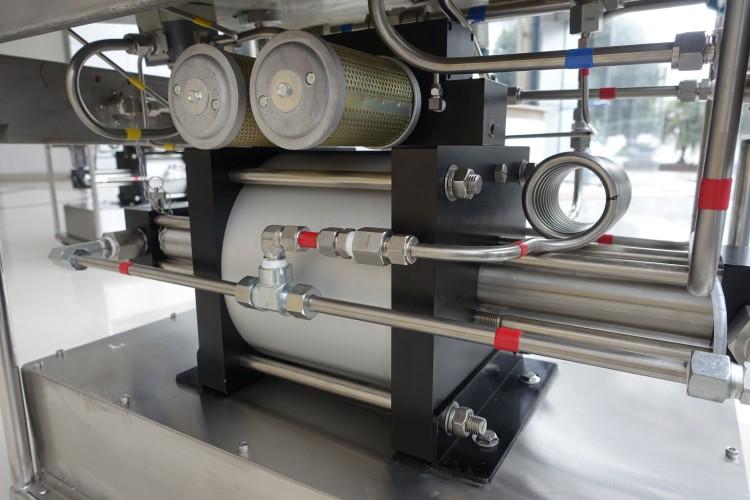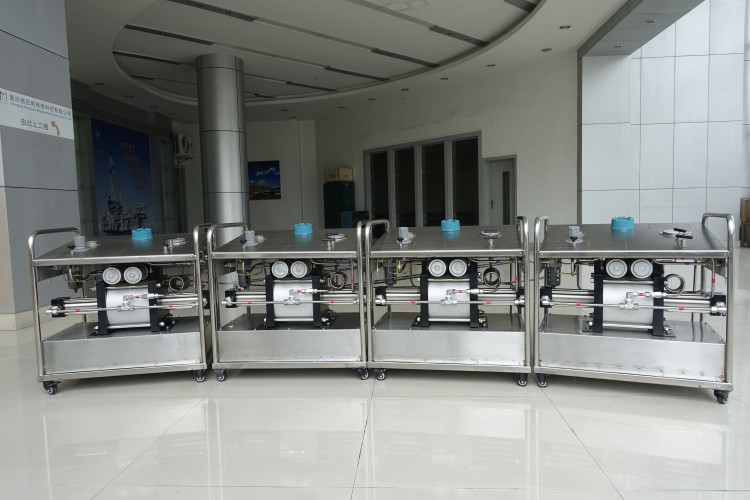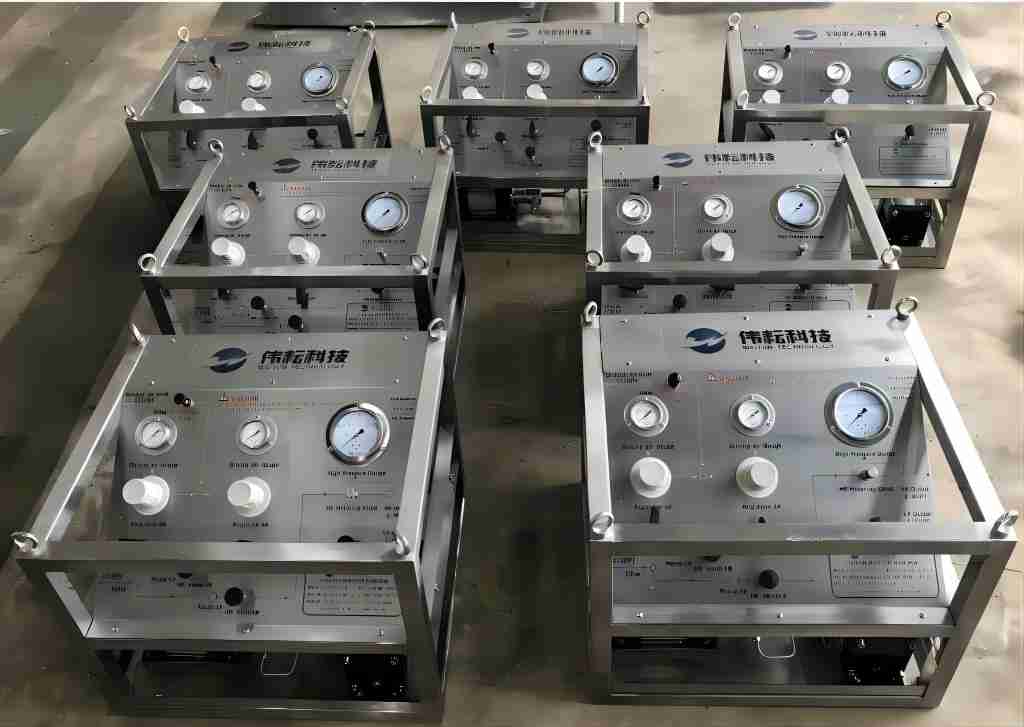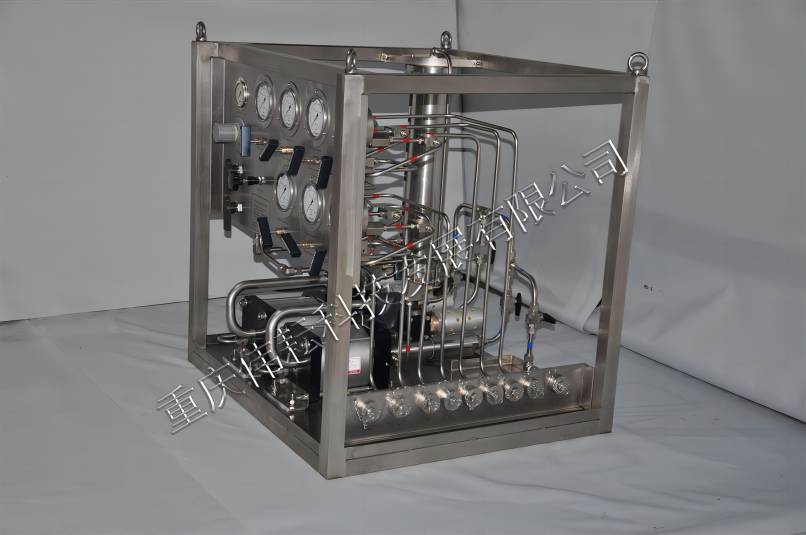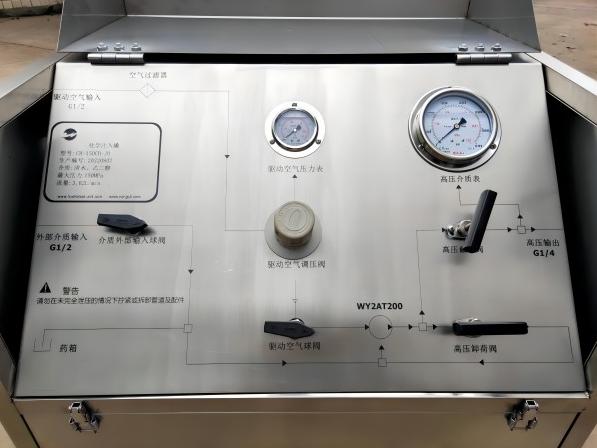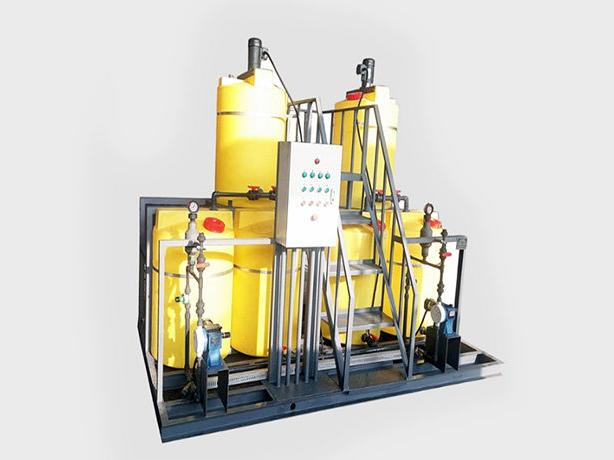Choosing the Right Chemical Injection Pump for Your Gas and Oil Needs
Chemical injection pumps are used in a variety of industries, including the gas and oil industries. These pumps inject chemicals into pipelines, tanks, and other vessels to control corrosion, scale buildup, and other problems.
There are many different types of chemical injection pumps available, each with its own advantages and disadvantages. The best type of pump for a particular application will depend on a number of factors, including the type of chemical being pumped, the desired flow rate and pressure, and the budget.
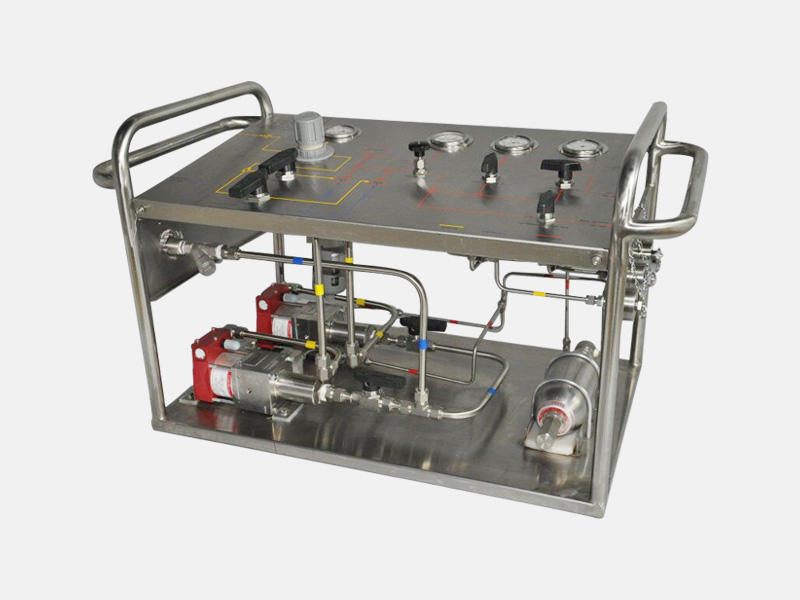
Pneumatic Pumps
Advantages
- Pneumatic pumps are relatively simple and reliable. They have few moving parts, which makes them less likely to break down.
- Pneumatic pumps require very little maintenance. They do not need to be lubricated, and they can often be cleaned with compressed air.
- Pneumatic pumps are relatively inexpensive. They are a good option for budget-minded applications.
Disadvantages
- Pneumatic pumps are not as accurate as other types of pumps. They can only deliver a range of flow rates, and they are not able to deliver precise amounts of chemicals.
- Pneumatic pumps can be noisy. The compressed air used to power them can create a loud noise.
Diaphragm Pumps
Advantages
- Diaphragm pumps are accurate and precise. They can deliver precise amounts of chemicals, even at low flow rates.
- Diaphragm pumps operate quietly. They do not use compressed air, so they do not produce noise.
- Diaphragm pumps are durable and long-lasting. The diaphragm is made from a flexible material that can withstand wear and tear.
Disadvantages
- Diaphragm pumps are more expensive than pneumatic pumps.
- Diaphragm pumps can be more complex to maintain. They have more moving parts than pneumatic pumps, which means that they are more likely to break down.
Plunger Pumps
Advantages
- Plunger pumps are capable of delivering high flow rates and pressures. They can deliver more chemicals to a process than other types of pumps.
- Plunger pumps are very accurate and precise. They can deliver precise amounts of chemicals, even at high flow rates.
- Plunger pumps are durable and long-lasting. They can withstand wear and tear, and they are not as likely to break down as other types of pumps.
Disadvantages
- Plunger pumps are more expensive than other types of pumps.
- Plunger pumps can be more complex to maintain. They have more moving parts than other types of pumps, which means that they are more likely to break down.
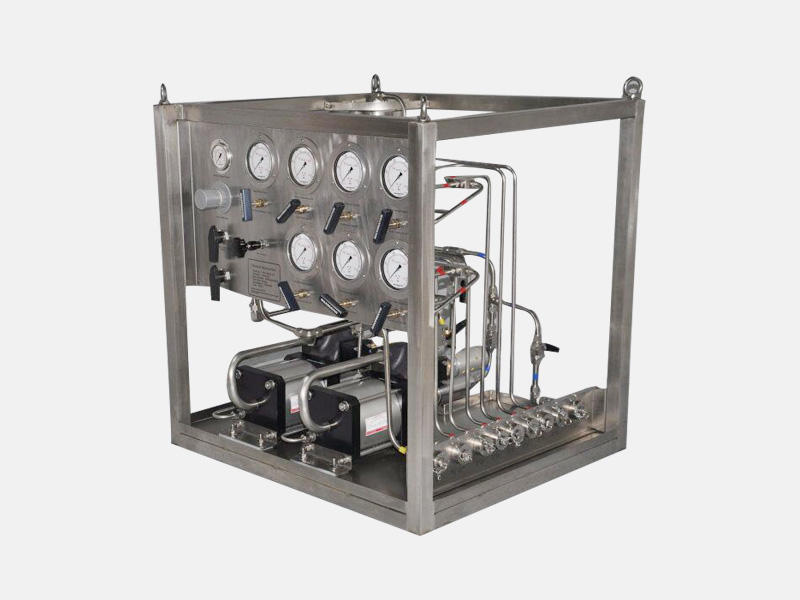
Rotary Lobe Pumps
Advantages
- Rotary lobe pumps are compact and lightweight. They are a good option for applications where space is limited.
- Rotary lobe pumps operate quietly. They do not produce noise, which makes them a good option for applications where noise is a concern.
- Rotary lobe pumps offer a wide range of flow rates and pressures. They can be used for a variety of applications.
Disadvantages
- Rotary lobe pumps are not as accurate as other types of pumps. They can only deliver a range of flow rates, and they are not able to deliver precise amounts of chemicals.
- Rotary lobe pumps can be more complex to maintain. They have more moving parts than other types of pumps, which means that they are more likely to break down.
Metering Pumps
Advantages
- Metering pumps are highly accurate and precise. They can deliver precise amounts of chemicals, even at low flow rates.
- Metering pumps can be used for a wide range of chemicals. They are not affected by the viscosity or corrosiveness of the chemical being pumped.
- Metering pumps are durable and long-lasting. They can withstand wear and tear, and they are not as likely to break down as other types of pumps.
Disadvantages
- Metering pumps are more expensive than other types of pumps.
- Metering pumps can be more complex to maintain. They have more moving parts than other types of pumps, which means that they are more likely to break down.
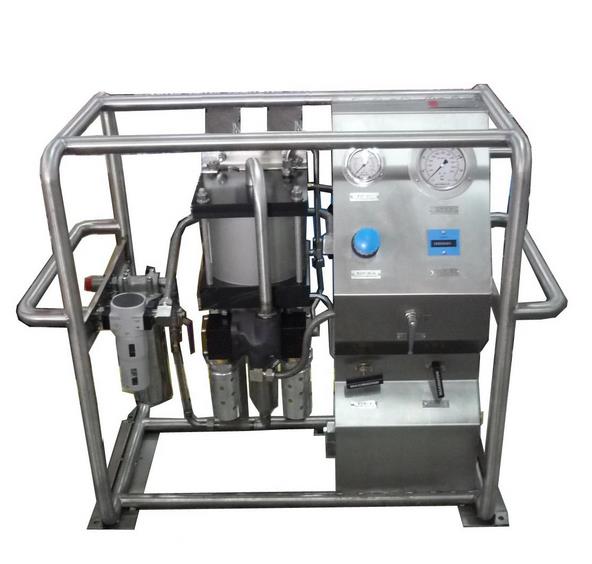
Conclusion
The best type of chemical injection pump for a particular application in the gas and oil industry will depend on a number of factors, including the type of chemical being pumped, the desired flow rate and pressure, and the budget. By considering these factors, you can choose the right pump for the job and ensure that your chemical injection system is operating efficiently and effectively. If you are looking for a reliable chemical injection pump manufacturer for business cooperation, WINGOIL is a professional manufacturer with over 40 years of experience in the gas and oil industry, don’t hesitate anymore, contact us now.

